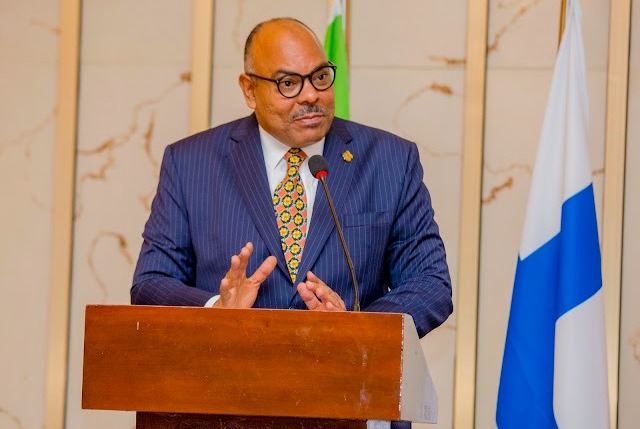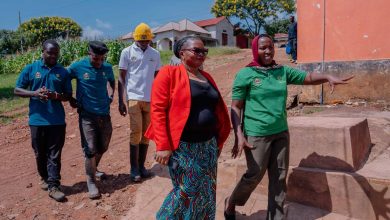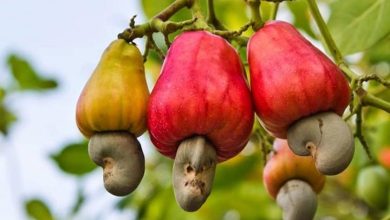Kombo urges value addition to boost industrialisation

DAR ES SALAAM: EAST African Community (EAC) member states have been urged to sharpen their competitive edge by prioritising value addition to raw materials, as global market trends shift towards higher demand for processed goods and regional industrialisation becomes increasingly vital for economic sustainability.
Minister for Foreign Affairs and East African Cooperation Amb Mahmoud Thabit Kombo made the call yesterday during the EABC CEOs-EAC Secretary General meeting in Dar es Salaam, organised by the East African Business Council (EABC) in partnership with the EAC, Tanzania Private Sector Foundation, GIZ and Tanzania Breweries Limited (TBL).
“To thrive in the evolving global market, the EAC must move beyond exporting raw materials and focus on adding value to its resources,” he said.
He reaffirmed Tanzania’s commitment to regional integration, urging the private sector to proactively engage the ministry to unlock intraEAC trade and investment opportunities, noting that the EAC is the only regional bloc with a dedicated Permanent Secretary for East African Cooperation.
He said, according to the African Development Bank, Tanzania has demonstrated resilience and inclusive growth, with the economy projected to grow by 5.9 per cent in this year.
ALSO READ: Gov’t allocates 400m/- for Kawe temporary market
EAC Secretary General, Veronica Nduva said that the EAC is now Africa’s most integrated regional economic bloc, retaining 28 per cent of exports within the continent and sourcing 19 per cent of imports from other African countries.
“Tanzania’s manufacturing sector, for instance, grew from 9.0 per cent of GDP in 2010 to 23.2 per cent in 2022 under the Integrated Industrial Development Strategy 2025,” she said.
She called for targeted efforts to boost industrialisation, especially in the cotton-totextile value chain, saying that manufactured goods make up less than 30 per cent of exports, with raw agricultural commodities dominating the export basket and limiting job creation.
With 64 per cent of EAC imports still comprising manufactured goods—mainly from Asia—she reaffirmed the EAC’s commitment to advancing this agenda as a united bloc.
Tanzania’s Permanent Secretary for Ministry of Foreign Affairs and East African Cooperation, Amb Stephen Mbundi urged the private sector to strategically position the EAC within the AfCFTA and TFTA.
The immediate former Chairperson of EABC, Angelina Ngalula, praised the EAC Secretary General’s engagement with the Tanzanian private sector and called for uniform application of the EAC Common External Tariff, harmonised domestic taxes, elimination of Non-Tariff Barriers, activation of the EAC Trade Remedies Committee and full liberalisation of trade in services to boost trade and investment.
Chairperson of the Confederation of Tanzania Industries (CTI), Mr Hussein Sufiani, urged manufacturers and businesses to actively engage in dialogue and present their issues, which will be further synthesised by the EACEABC technical working group to inform and challenge proposals within the EAC policy decision-making process.
In his welcome remarks, Adrian Njau, Acting Executive Director of EABC, said that in 2023 total EAC trade was 109 billion US dollars, with intra-EAC trade at just 13.8 billion US dollars, equivalent to 13 per cent. Tanzania leads intra-EAC trade with 4.9 billion US dollars, followed by Kenya 2.85 billion US dollars and Uganda 2.14 billion US dollars.





